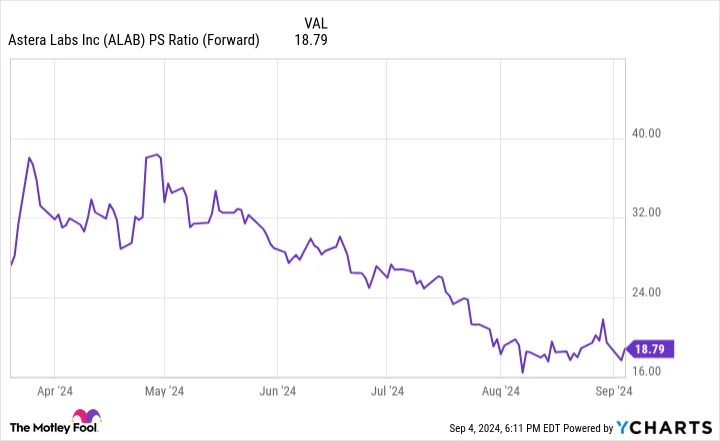UK wage growth slowed down in the three months to March 2025, as businesses braced for national insurance increases which came into effect at the beginning of April.
Regular pay excluding bonuses in the UK grew by 5.6% on an annual basis to £671 (€798.3) a week in the three months to March 2025, according to the Office for National Statistics (ONS). This was below the 5.9% seen in the previous period, while being less than analyst estimates of 5.7% as well.
March’s reading was also the lowest since the three months to November 2024, dragged down by slower wage growth in both the private and public sector.
Private sector wages in the UK slowed to 5.6% in the three months to March, down from 5.9% in the previous period. This was also the lowest number since the three months to October 2024.
Public sector wages grew at 5.5%, which was slower than the 5.7% seen in the previous three-month period, while also being the lowest since the three months to December 2024.
Hotels, restaurants, wholesale and retail industries experienced the most robust yearly wage growth in the three months to March, at 6.9%, with wages rising 5.6% in the services industry. Construction wages increased 6.4%, with manufacturing industry wages edging up 5.4%. Wages in the finance and business services industry jumped 4%.
Adjusted for inflation, real wages rose by 1.8% in the three months to March, which was the weakest growth since February 2024.
Average weekly earnings including bonuses advanced 5.5% on an annual basis to £722 (€858.9) per week in the three months to March 2025. This was down from 5.7% in the previous two periods, but was still ahead of market expectations of 5.2%.
Alice Haine, personal finance analyst at Bestinvest by wealth manager Evelyn Partners, said in an email note: “While easing wage growth may not be the best news for consumers grappling with high living costs, one comforting factor is that wages are still rising faster than inflation.
“This means pre-tax headline incomes are stretching further than they did 12 months ago, although households would be wise to adopt a cautious approach to their personal finances for now.”
Haine added that wage growth could slow even more in the coming months as the impact of the UK’s new tax measures on businesses and US tariffs affect company margins.
She highlighted: “Many people may not feel their wages are going further in real terms either, as frozen income tax thresholds – set to remain in place until at least 2028 – mean they are being drawn deeper into higher rates of tax.”
Related
UK unemployment rises as businesses struggle with cost pressures
The UK’s unemployment rate rose to 4.5% from January to March 2025, in line with analyst estimates, according to the ONS. This was in contrast to the 4.4% recorded for the last four consecutive periods.
This was the highest unemployment rate since the three months to August 2021, with increases in the number of people without jobs for up to six months, six to 12 months and more than 12 months.
The number of people with jobs rose by 112,000, to 34 million. This was the smallest advance since the three months to December 2024, mainly suppressed by a drop in full-time employment.
The number of people with second jobs also grew, now accounting for 3.9% of all employed people.
Danni Hewson, head of financial analysis at AJ Bell, said in an email note: “Ever since last year’s Budget shocked employers with a chunky increase to national insurance, businesses have been warning that increased labour costs would impact their ability to hire and retain staff.”
She added: “The latest figures from the Office for National Statistics appear to show those warnings had merit, though the organisation continues to warn about the validity of these figures due to low engagement. Unemployment is up, vacancy numbers have dwindled to significantly below where they were before the pandemic and wage growth has slowed.”
Hewson highlighted that businesses have pulled back on significant pay increases for skilled employees, now that inflation has cooled a little.
She also pointed out that labour-intensive sectors such as accommodation and food sectors have been the most impacted, mainly due to consumers still being wary of spending.
Haine explained: “Rising employment costs have already prompted some businesses to scale back pay rises and hiring this year, with the global uncertainty helping to cement that strategy. In uncertain times, keeping personal finances on track is imperative. Losing a job can derail household finances that don’t have reserves in place.”
She added: “Building a robust emergency fund that can cover the regular bills during any periods without earned income, trimming expenditure where possible, paying down expensive debts and even signing up for income protection are sensible ways to ease financial worries, particularly for households with no back-up funds to protect them.”





